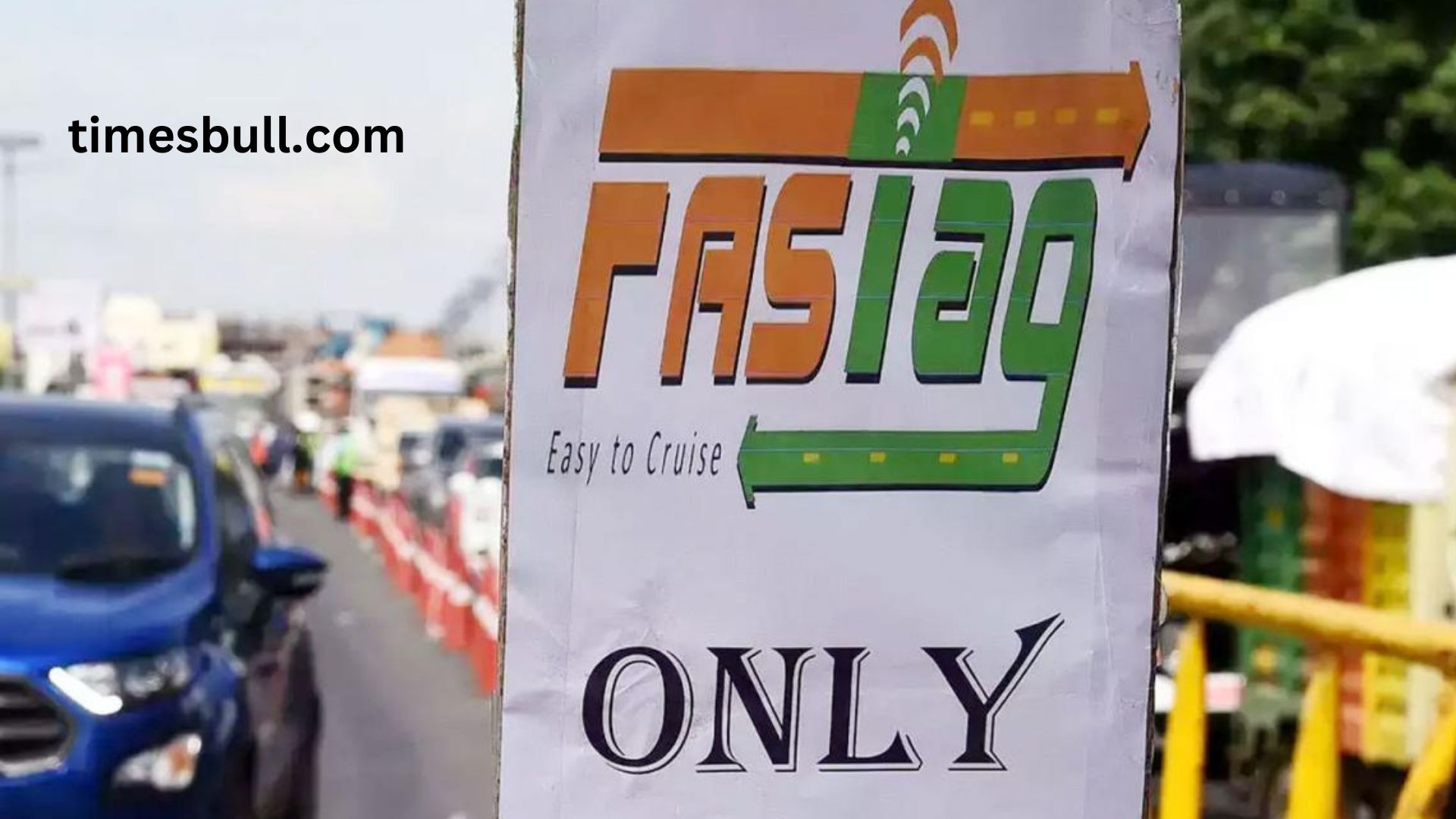FASTag: In order to prevent consumers from experiencing pain as a result of late transactions, the NPCI circular seeks to guarantee that FASTag transactions are paid within a reasonable amount of time after the vehicle passes through the toll plaza.
The National Highways Authority of India stated on Wednesday that the customer experience at highway toll plazas will not be impacted by the new FASTag transaction rule, which went into force on February 17. PTI claims that this explanation follows the introduction of a new rule pertaining to late transactions at toll plazas caused by deactivated FASTags by the National Payments Corporation of India (NPCI), which runs retail payment and settlement systems.
Circular issued to help in dispute resolution
The National Highways Authority of India reportedly stated in a statement that the NPCI circular’s goal is to guarantee that FASTag transactions are completed within a fair amount of time after the vehicle passes through the toll plaza, saving customers from having to deal with late transactions. The NPCI circular was released to help resolve disagreements between the issuing and acquiring banks on the FASTag status of a vehicle as it passes through a toll plaza.
Discussing charging the tag
According to the NHAI, all national highway toll plazas use the ICD 2.5 protocol, which provides real-time tag status information. This means that Fastag customers can recharge their tags whenever they want before passing through the toll booth. Some state highway toll plazas still use the ICD 2.4 protocol, which necessitates frequent tag status updates.
All of these toll plazas will shortly be converted to the ICD 2.5 standard. Interface Control Document is what ICD stands for. To avoid the need for manual recharging, Fastag users are advised to link their wallet to UPI, current, or savings accounts under the auto-recharge setting. Before calling the toll, customers can recharge their Fastag at any time using a variety of payment methods, including UPI and net banking.
